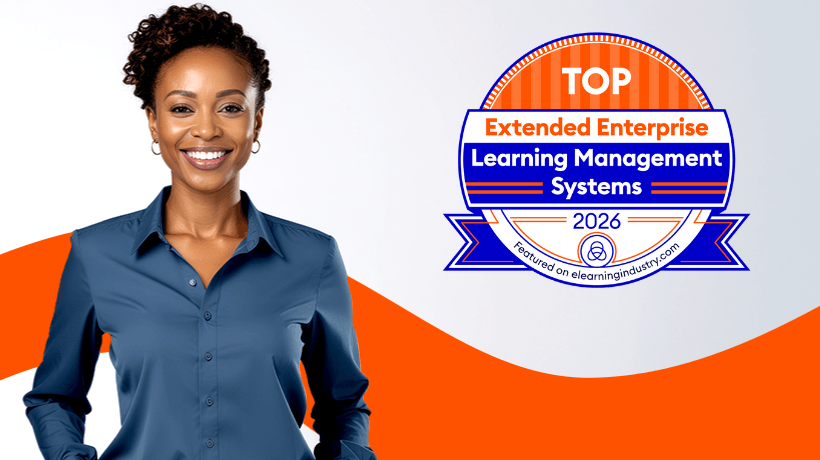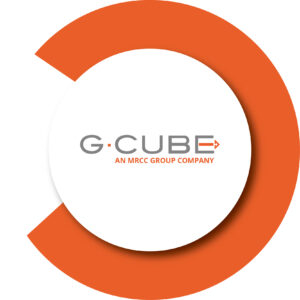Enterprise LMS For Extended Workforce: How It Alters The Learning Landscape Today
Learning Management Systems (LMSs) are the robust platforms which support the effective delivery and measurement of workplace training programs. The training could be targeted at dealers, channel distribution partners, suppliers, resellers, franchisees, and even end-customers. In today’s digitized world, the scope of using an extended enterprise LMS to train internal as well extended workforce is also rising. Organizations are using online learning platforms as a significant tool to effectively manage corporate learning, policy training and so on.
Enterprise LMS for extended workforce is customized to effectively train employees outside the organization. Technological advancements have improved the functionality of LMS through the blend of formal and experiential learning.
There are primarily 2 types of users for LMSs which include:
1. Administrators
They manage LMS functionality by handling different tasks such as assigning courses to different learners, creating customized courses, tracking learners’ progress, and assigning badges.
2. Learners
They have the access to different courses, view evaluations and measure their own learning efficiency. In addition, learners can be assigned different trainings as per their job roles, learning needs, or roles within the organization.
Few things you should consider while choosing an LMS for your organization include the following:
Mobile-Enabled
When employees are spread across different demographics, they need to undergo training while on the go. Therefore, it is important for extended enterprise LMS to be mobile-friendly, providing eCourses anytime and anywhere as per the convenience of different learners.
In-Built User Interface
Using an intuitive LMS interface is important to ensure a maximum Return On Investment from a workplace training program. Few online learning platforms use a single-page style while others use a ribbon style to reflect courses page-by-page.
Design Analytical Reports
The effectiveness of an extended LMS is measured by data analytics reports through employee engagement and performance assessment. As a result, an LMS helps you know your external workforce including consumers, suppliers, and partners performing in the training programs.
Robust Platform
One of the most crucial features of an extended LMS is the ability to access courses via a powerful distribution channel and an online learning platform. A robust distribution channel allows disseminating content in a way that allows learners to access courses at their own pace of time and location.
Training the extended network of employees is a key tool to aid your organization to improve its business growth and productivity. Different ways to ensure that an extended LMS is successful in catering to the needs of modern learners are outlined here:
- When designing the courses, it is essential to make sure that learning is tailored to individual needs. Different types of courses can be uploaded to the LMS as per different job functions of employees leading to a personalized learning experience.
- It is crucial to market the entire extended online learning program. Advantages of continuous learning via extended LMS can be marketed through well-designed mailers, brochures and more.
- Setting up a trial session using online learning platform is also an effective way to ensure that training is aligned well with the customized needs of learners. Using an LMS, training is imparted to internal as well as external personnel which includes supply partners, consumers, resellers and so on.
- To boost motivation among the employees, online contests are organized to give some sense of competition amongst employees. There are multiple rounds between different groups and winners are rewarded with badges and prizes.
- Extended enterprise LMS helps to enhance the overall satisfaction of the external workforce. It consequently helps them to get familiar with newer products as well as plans for their esteemed clients.
The most important benefit of a training program using extended LMS is that organizations are able to manage their external personnel in a better and efficient way. They are able to ascertain the number of trained manpower at all times—helping them create attainable targets and achieving them as well. It is easier for them to align their training efforts as per the needs of the external partner—motivating excellent performers with suitable incentives and creating re-enforcements for those who could not perform. This provided increased profits and a better work environment—within and beyond the confines of the organization.
Suggested further reading:
Top 5 Features You Need in an Extended Enterprise LMS








